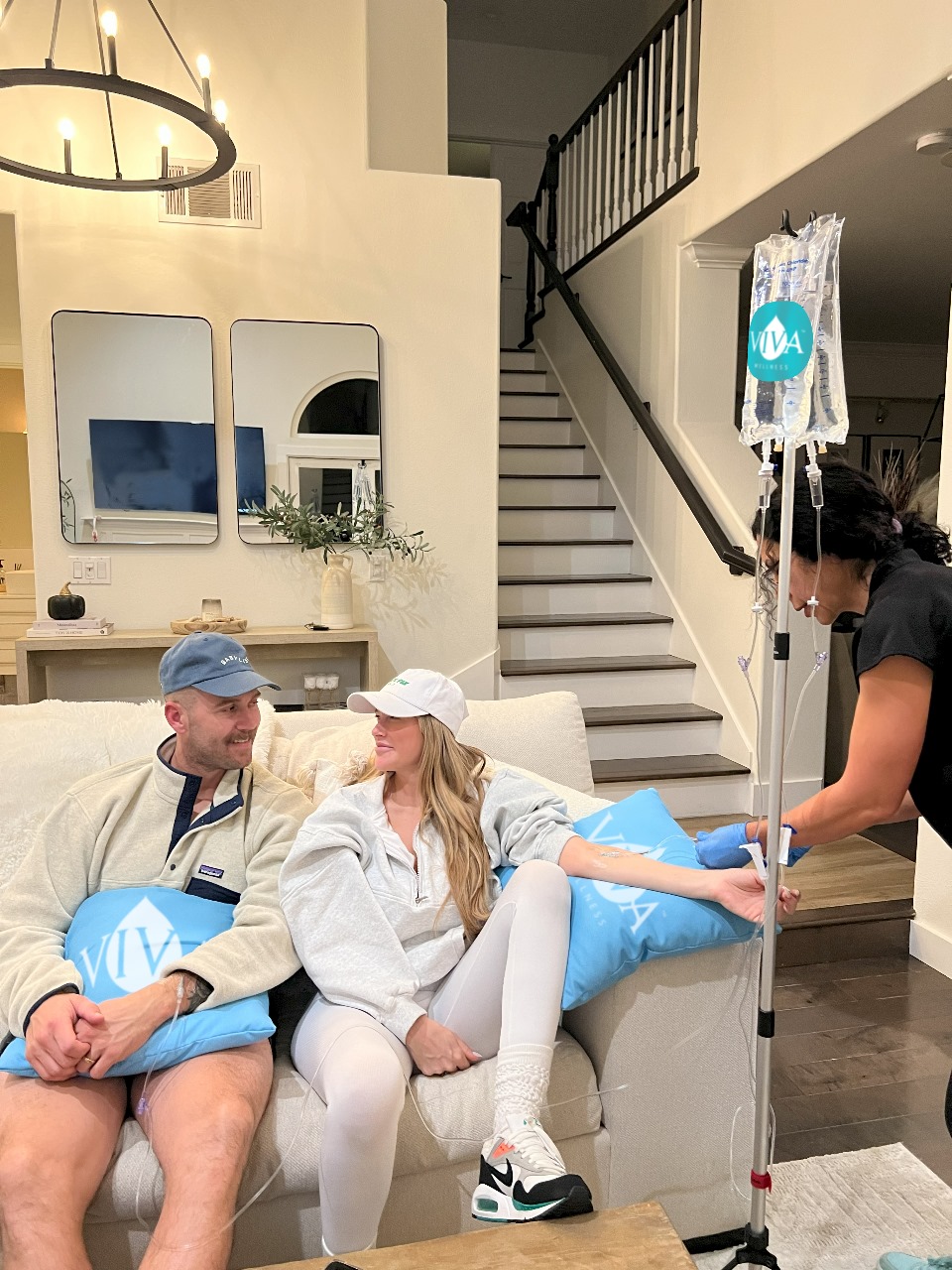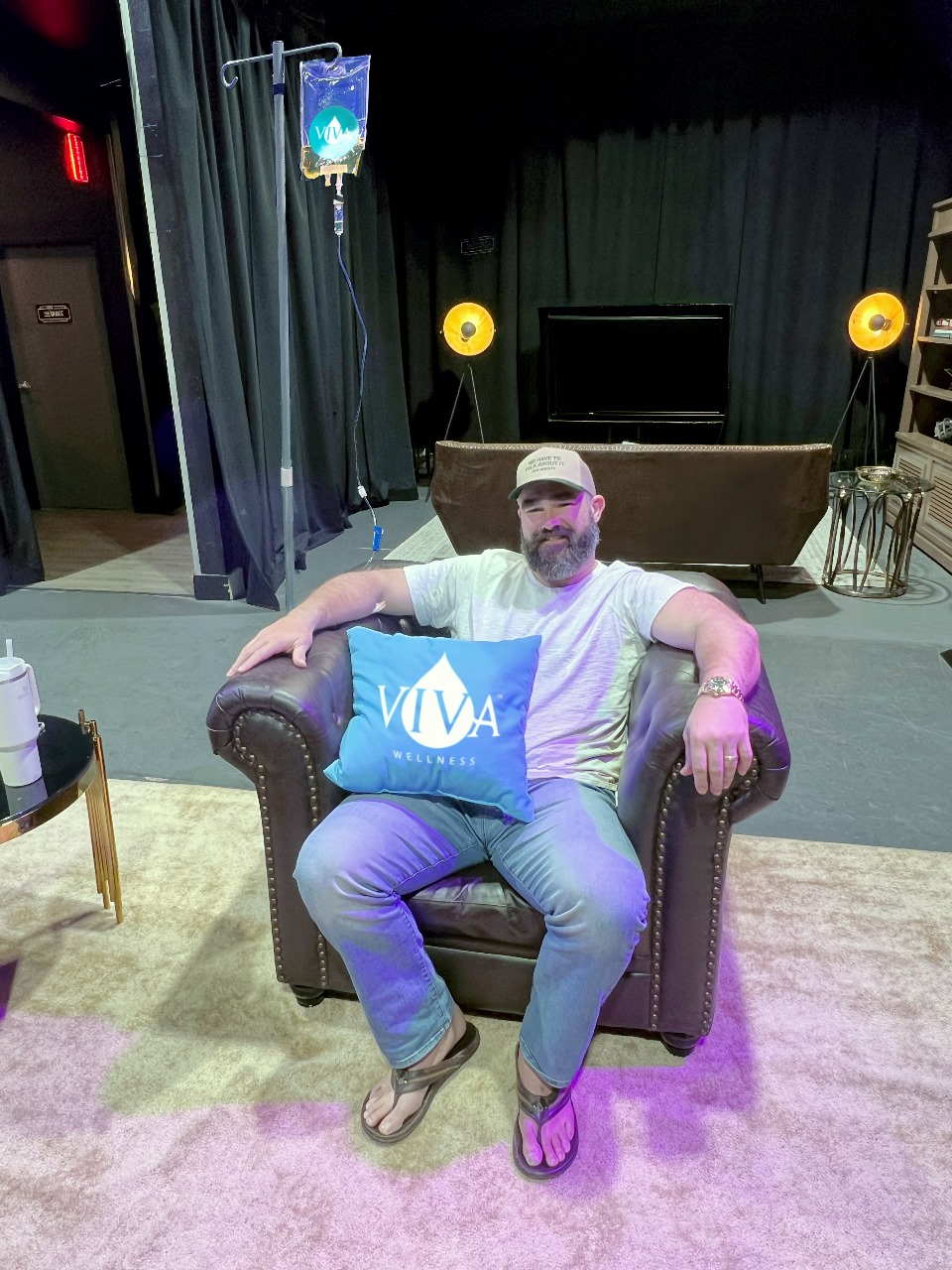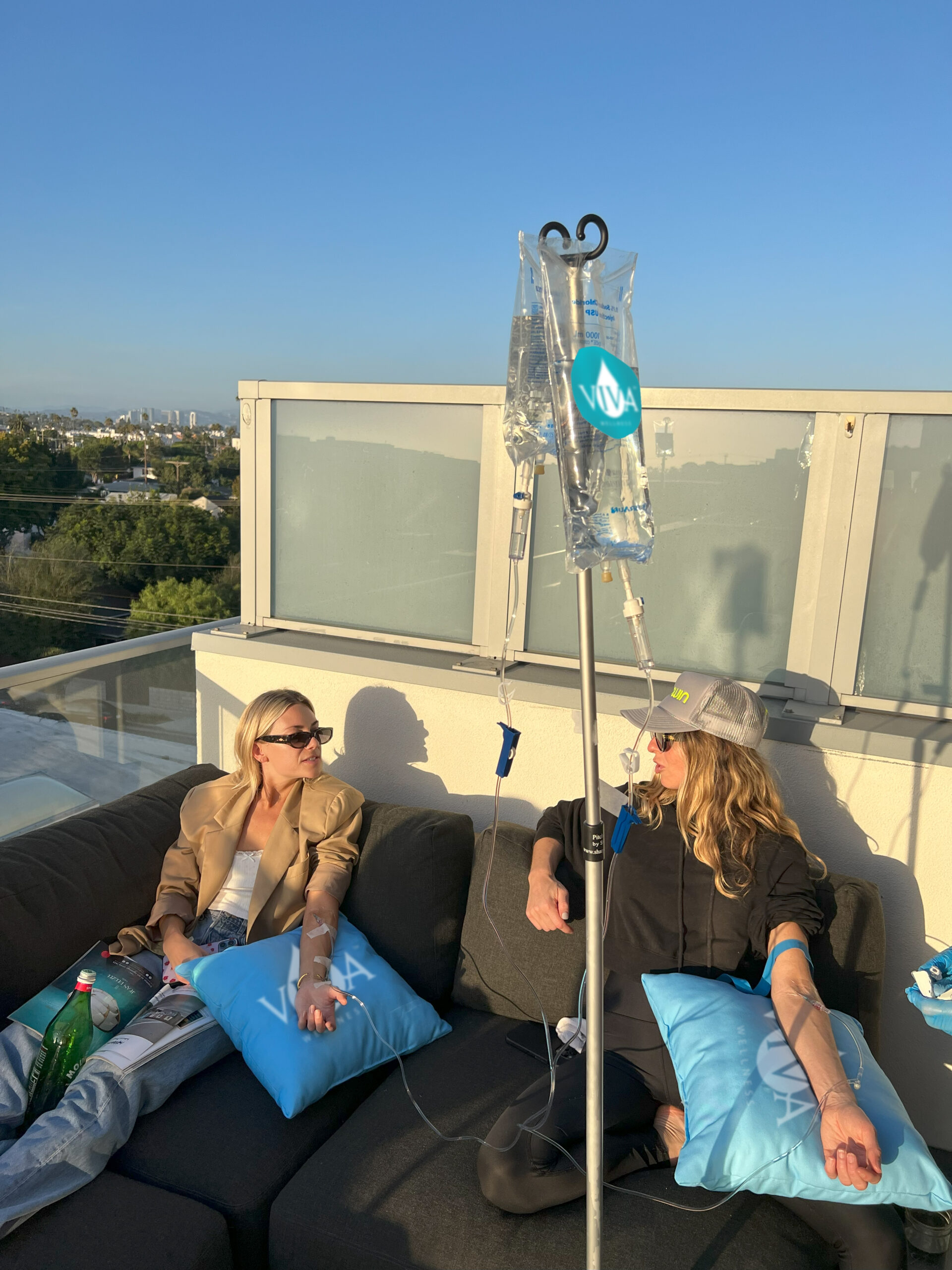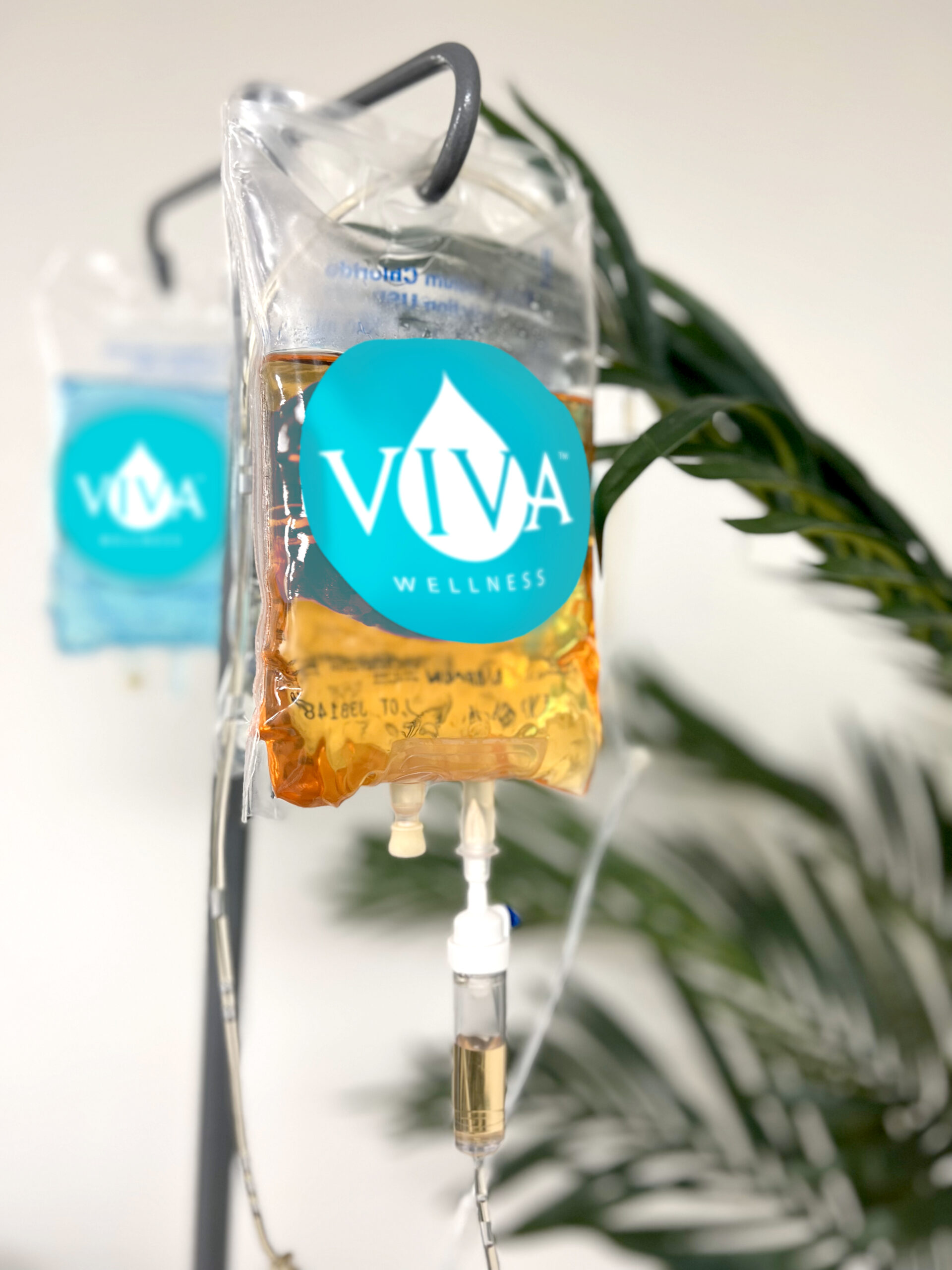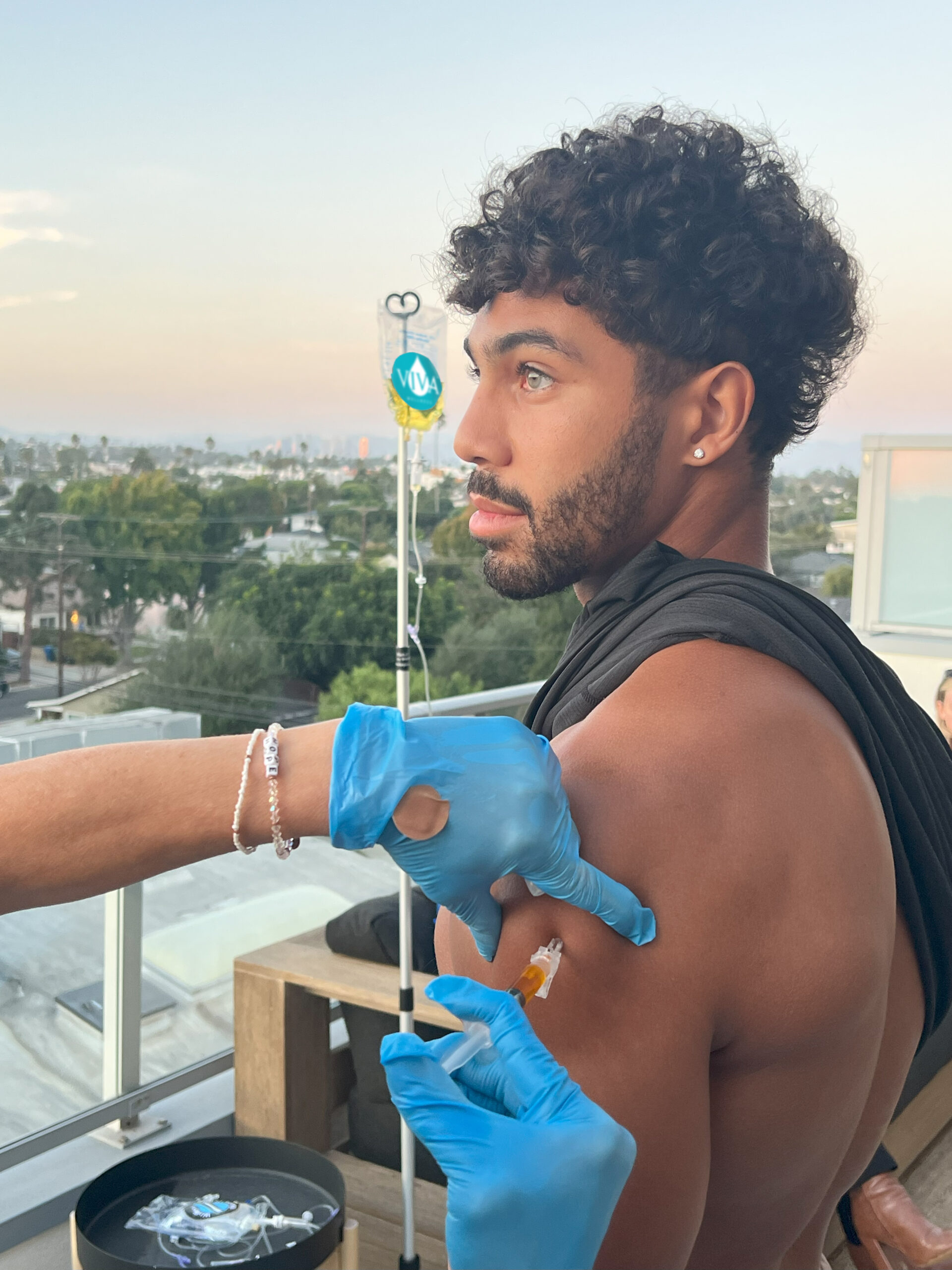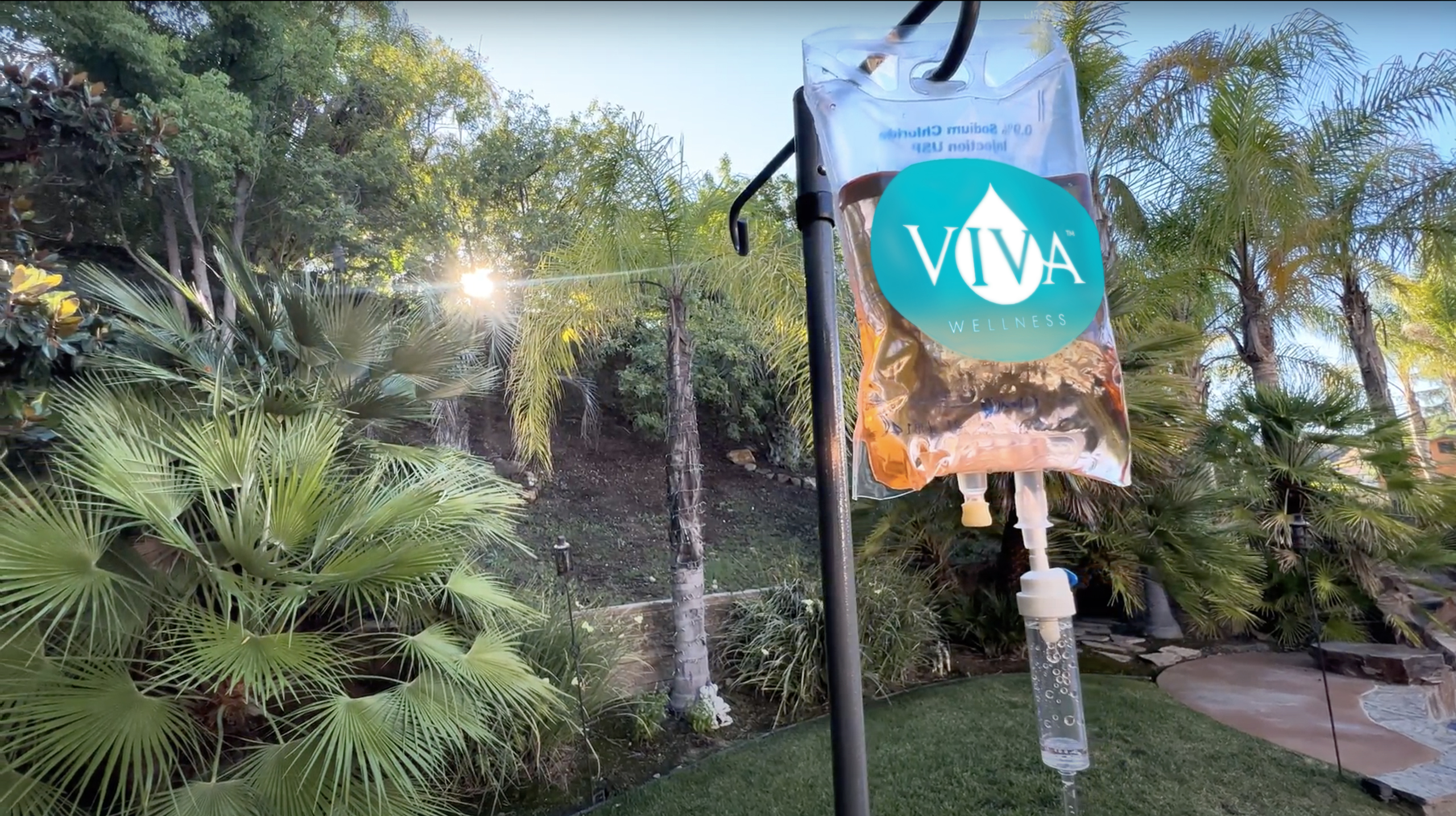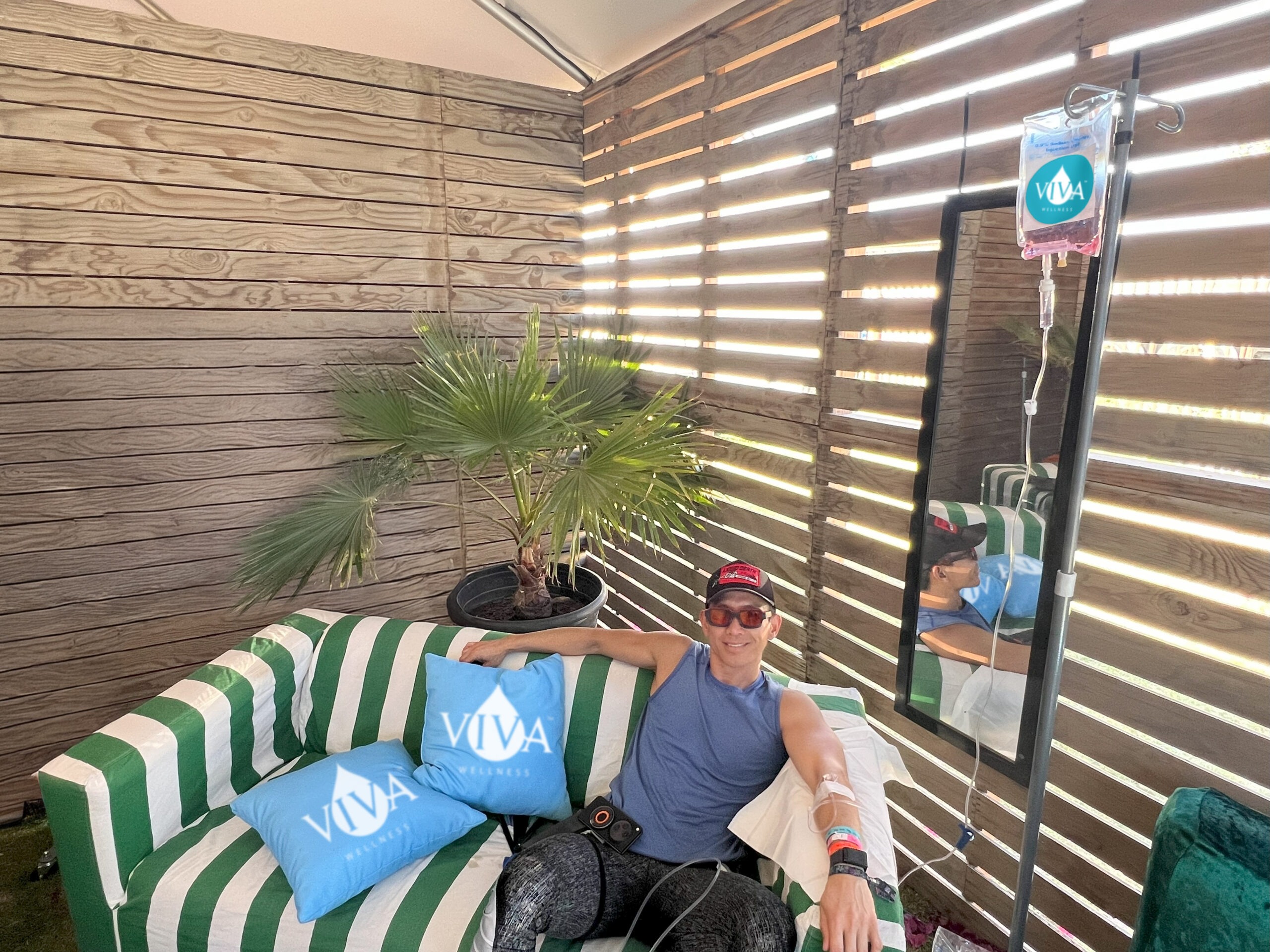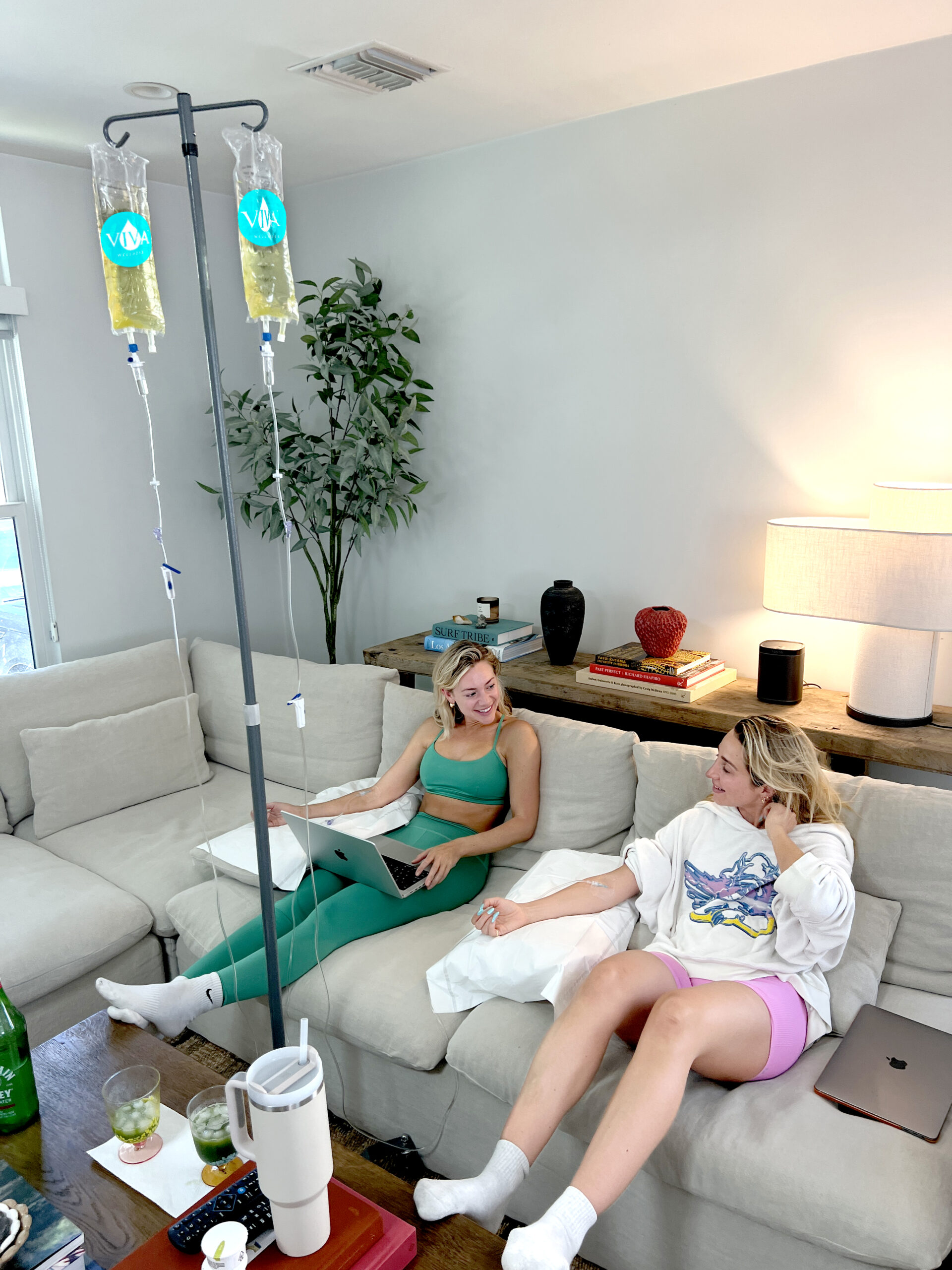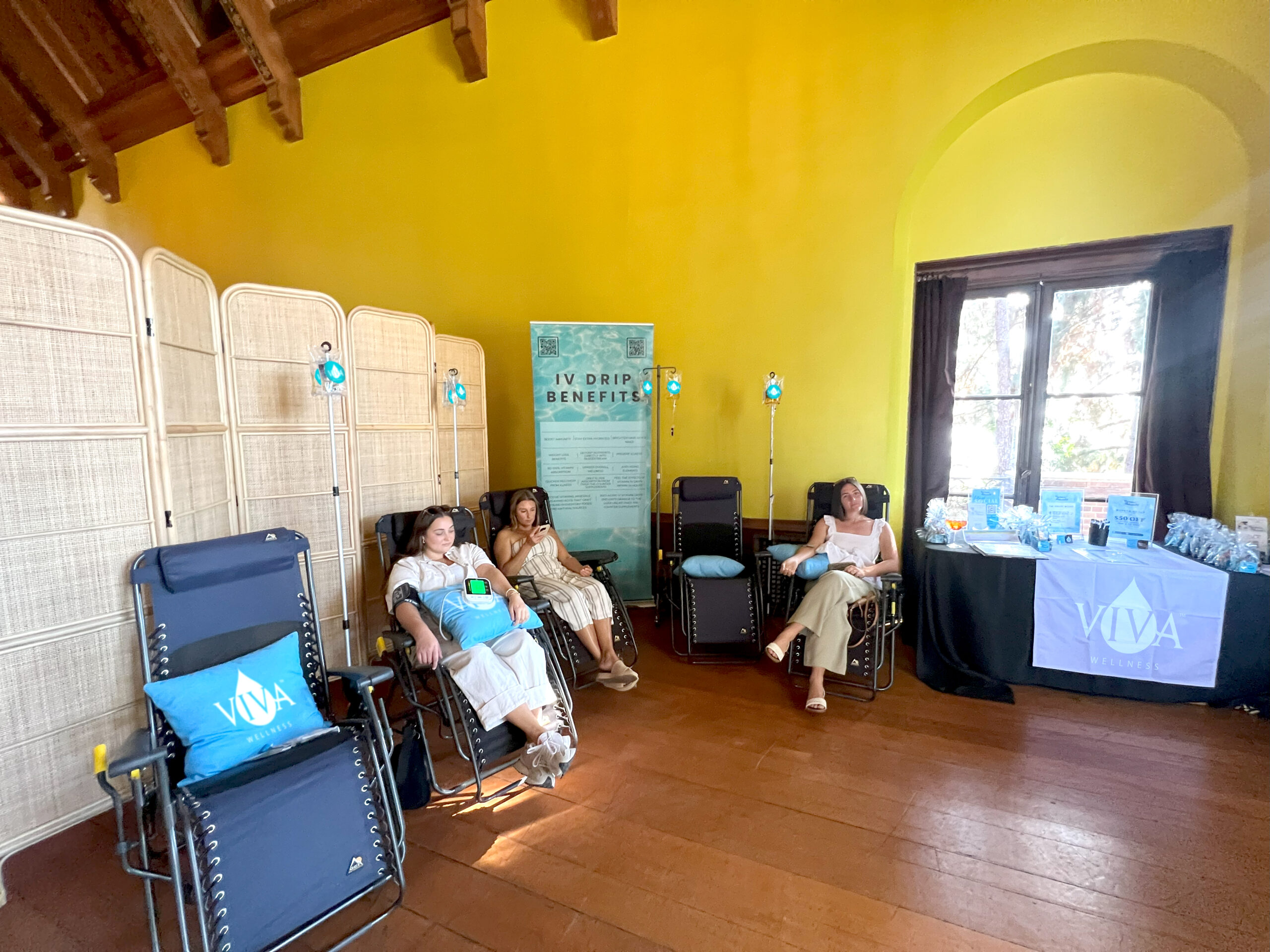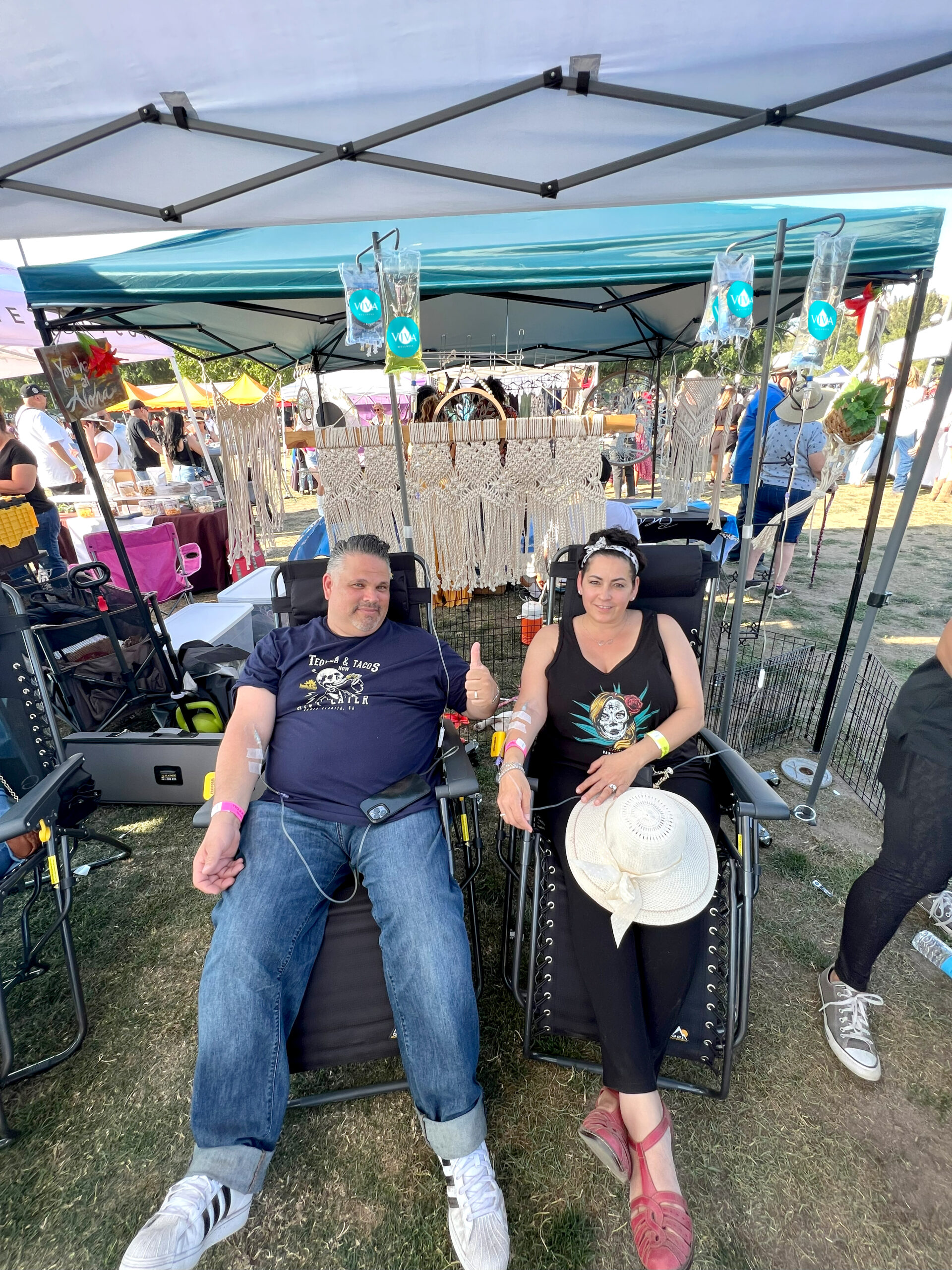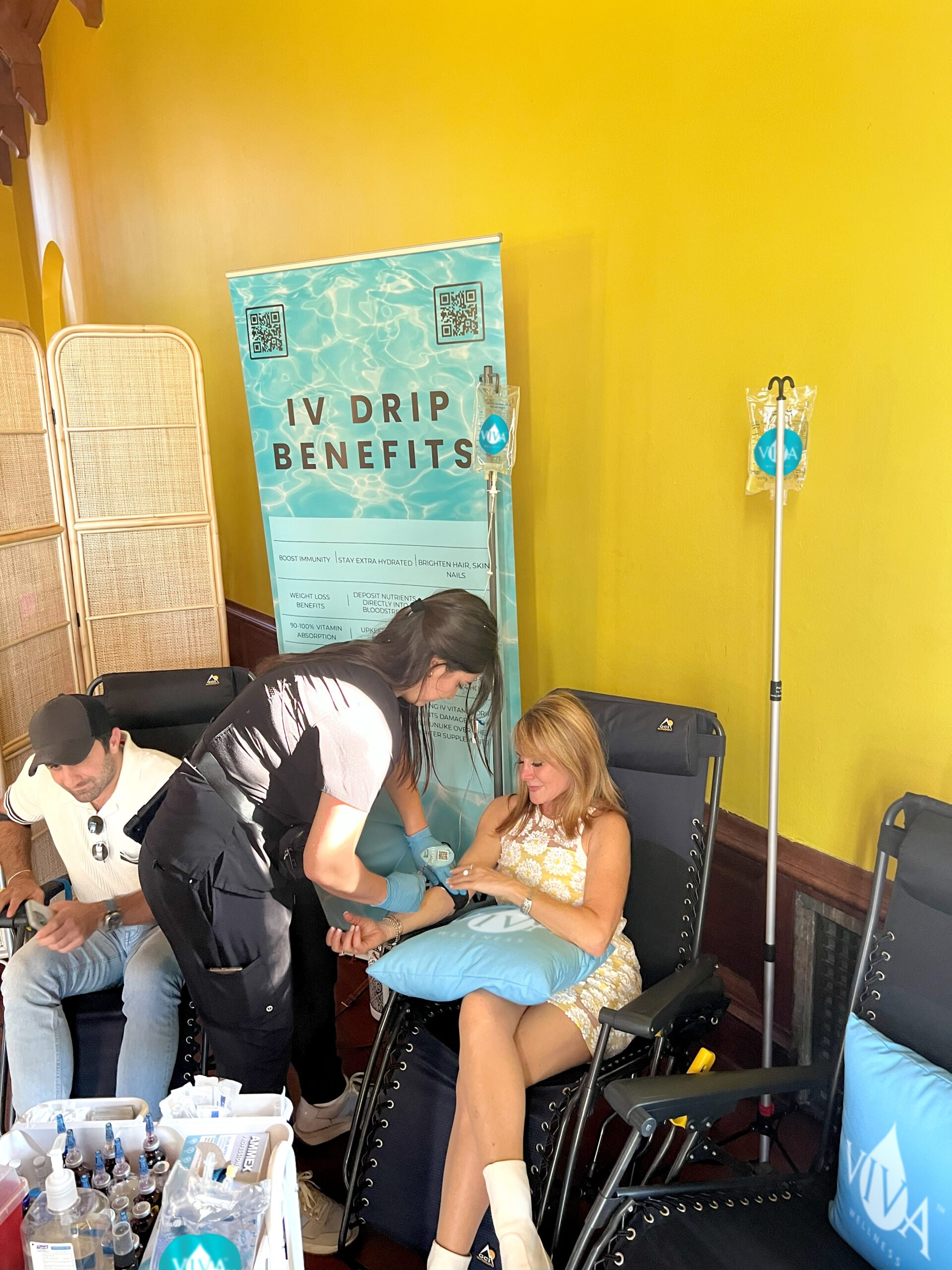Many people struggle with dehydration after tough workouts or injuries. IV Therapy helps deliver fluids and nutrients straight into your bloodstream for faster rehydration. This post explains how IV therapy supports hydration, speeds up recovery, and offers benefits over drinking water alone.
See why more athletes use IV treatments for recovery today.
Key Takeaways
- IV therapy sends fluids and nutrients straight to your bloodstream for faster hydration than drinking water alone.
- Athletes use IV therapy because it quickly restores lost electrolytes and helps muscles recover after hard workouts.
- Traditional rehydration methods, like sports drinks, can be slow or have too much sugar; IV treatments work faster and avoid stomach issues.
- Doctors, such as Dr. Anna Lee of NYU Langone Health, suggest that keeping the right fluid balance helps fight cramps, fatigue, and headaches during physical recovery.
- IV therapy gives instant benefits by bypassing your digestive system so you feel less tired and get back to training sooner.
The Role of Hydration in Physical Recovery

Hydration keeps your body working well after exercise. Your muscles recover faster when you restore lost fluids.
Importance of maintaining optimal fluid balance
The body loses water and electrolytes during exercise, injury, or illness. Cells need the right amount of fluids to heal tissues and remove waste, which helps speed up physical recovery.
IV hydration therapy delivers fluids directly into the bloodstream and supports this process better than drinking water alone. Keeping a proper fluid balance reduces muscle cramps, dizziness, fatigue, and headaches after intense workouts.
Many athletes use rehydration therapy as part of their physical recovery treatments to restore what they lose through sweat. IV therapy for hydration and recovery also brings nutrients that support faster healing from dehydration.
Doctors often recommend post-exercise IV hydration for fitness recovery because it keeps energy levels stable.
Maintaining optimal fluid balance helps muscles recover quickly, says Dr. Anna Lee of NYU Langone Health.
These challenges make some people look for options beyond traditional oral rehydration methods.
Challenges of rehydration through traditional methods
Traditional methods of rehydration often fall short. Many athletes struggle to drink enough water or sports drinks after intense workouts. Water alone does not effectively replenish lost electrolytes.
Sports drinks may contain too much sugar, leading to upset stomachs for some people. This combination makes it hard for many to achieve optimal hydration.
Oral hydration faces time constraints as well; sometimes, athletes need rapid replenishment during recovery periods. They might not have the time or desire to sip fluids slowly over several hours.
For endurance athletes, these factors can hinder overall performance and delay muscle recovery; this creates a real challenge in their quest for improved athletic performance and efficient recovery methods.
IV therapy offers a solution by providing faster nutrient delivery directly into the bloodstream, making physical recovery smoother and more effective.
How IV Therapy Supports Hydration During Recovery
IV therapy delivers fluids and nutrients directly into the bloodstream. This method speeds up hydration and enhances nutrient absorption during recovery.
Rapid nutrient and fluid delivery
IV therapy provides a quick way to deliver fluids and nutrients directly into the bloodstream. This fast absorption helps athletes recover more efficiently from intense workouts. Traditional rehydration methods can be slow and less effective.
Drinking water or sports drinks often takes time for the body to process, leaving you feeling sluggish.
With IV therapy for athletic performance, your body gets immediate hydration along with essential electrolytes like sodium and potassium. This method boosts recovery with IV therapy by ensuring that necessary vitamins flow straight into your system without delay.
Athletes can bounce back stronger, allowing them to tackle their next workout with renewed energy.
Enhanced absorption compared to oral hydration
IV therapy offers a significant advantage in absorption compared to oral hydration. Unlike drinking fluids, IV therapy delivers nutrients and electrolytes directly into the bloodstream.
This method bypasses the digestive system, leading to faster results. Athletes benefit from this rapid nutrient delivery during physical recovery.
Oral hydration can be slower and less effective. The body may not absorb all the fluid consumed due to various factors like digestion time or gastrointestinal issues. With IV therapy for endurance athletes, hydration becomes instant and efficient.
Post-workout IV therapy ensures that vital nutrients quickly reach muscles that need them most.
Benefits of IV Therapy for Physical Recovery
IV therapy accelerates muscle recovery and cuts down on fatigue. It helps athletes quickly replenish electrolytes and essential nutrients, making recovery smoother.
Faster muscle recovery and reduced fatigue
IV therapy benefits for athletes play a crucial role in speeding up muscle recovery and cutting down fatigue. This treatment delivers fluids and nutrients directly into the bloodstream.
As a result, your body absorbs them much more quickly than through traditional methods like drinking water or sports drinks.
Using hydration therapy for muscle recovery helps restore energy levels efficiently. Electrolytes and essential nutrients flow into your system in real time, enabling faster healing after tough workouts.
You will feel revitalized sooner, allowing you to return to training with less downtime.
Replenishment of electrolytes and essential nutrients
Faster muscle recovery and reduced fatigue lead to a need for replenishment of electrolytes and essential nutrients. Electrolytes help regulate fluid balance in the body, which is crucial during physical recovery.
IV therapy delivers these important minerals directly into the bloodstream. This method ensures that athletes receive what they need quickly.
Essential nutrients like vitamins play a significant role too. These nutrients support energy production and repair tissues after intense workouts. Opting for hydration therapy for fitness recovery can greatly impact how fast you recover from dehydration.
A balanced intake of fluids with electrolytes helps enhance performance and well-being during your recovery journey.
Conclusion
IV therapy can greatly improve hydration during recovery. This treatment delivers fluids and nutrients directly to the bloodstream, making absorption quicker and more efficient. Athletes often feel less fatigue after using IV therapy, leading to faster muscle repair.
If you’re looking for a way to boost your recovery from dehydration, consider trying IV therapy for optimal results. Stay hydrated and feel your best as you recover!
FAQs
1. How does IV therapy help with recovery from dehydration during physical recovery?
IV therapy delivers fluids directly into the bloodstream, which helps restore hydration quickly. This process supports faster recovery from dehydration after intense activity or illness.
2. Can IV therapy boost recovery for athletes or people healing from injuries?
Yes, using IV therapy can boost recovery by replacing lost fluids and electrolytes efficiently. This method is often used to speed up the healing process in sports medicine and rehabilitation settings.
3. Why choose IV therapy over drinking water for hydration during physical recovery?
Drinking water takes time to absorb through the digestive system, while IV therapy works faster because it goes straight into your blood. For severe dehydration or rapid needs, this approach offers more effective results.
4. Is IV therapy safe when used for recovering from dehydration?
IV therapy is safe when managed by trained professionals who monitor fluid levels closely. It reduces risks linked to improper rehydration and ensures a steady path toward full physical recovery from dehydration.
